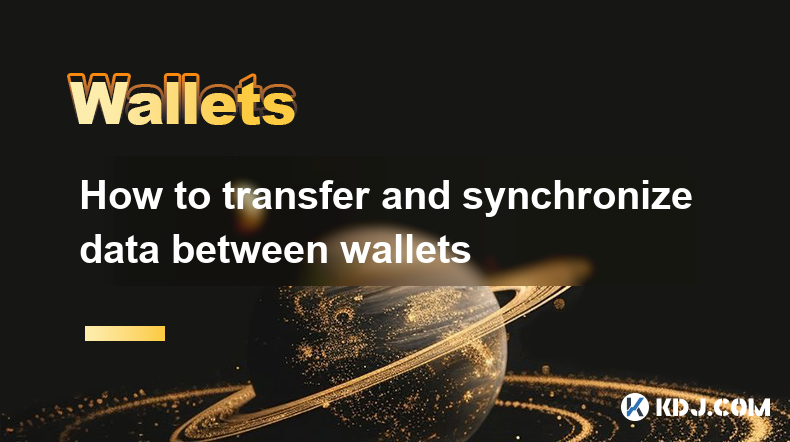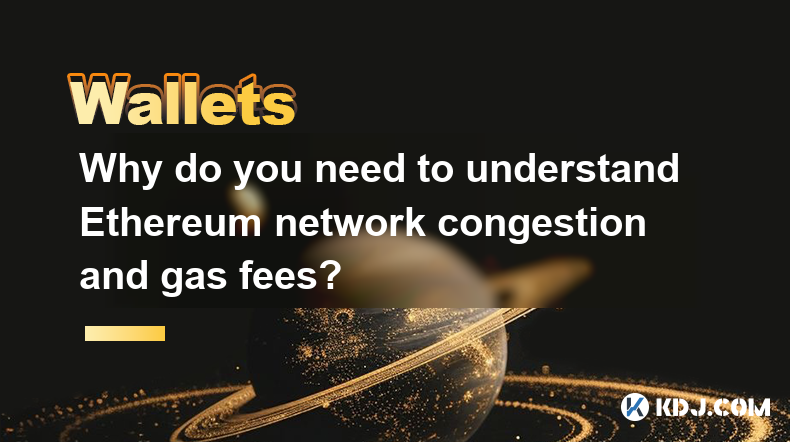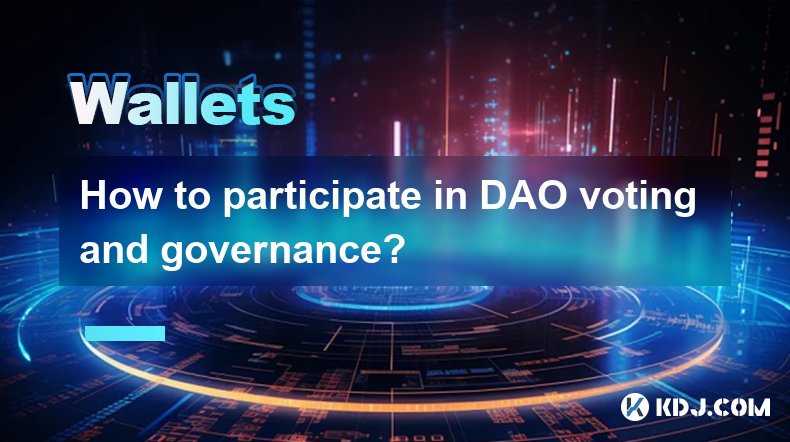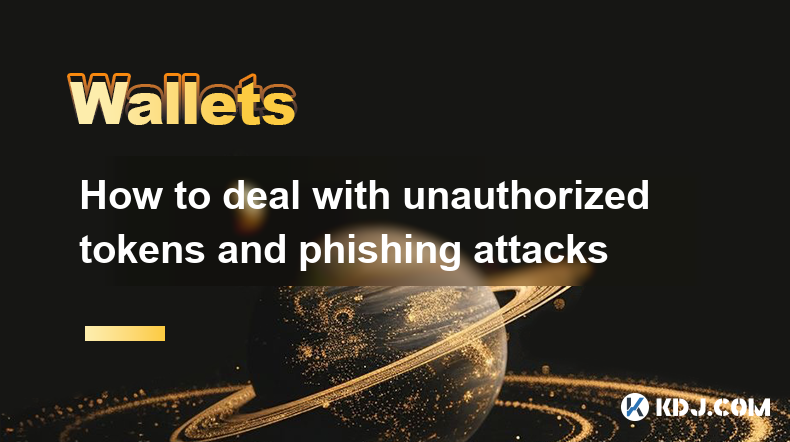-
 Bitcoin
Bitcoin $96,440.4167
-1.90% -
 Ethereum
Ethereum $2,690.5903
-2.45% -
 XRP
XRP $2.5889
-2.81% -
 Tether USDt
Tether USDt $0.9999
-0.06% -
 BNB
BNB $654.8775
0.10% -
 Solana
Solana $172.0925
-2.14% -
 USDC
USDC $1.0001
0.01% -
 Dogecoin
Dogecoin $0.2443
-3.72% -
 Cardano
Cardano $0.7664
-4.02% -
 TRON
TRON $0.2380
-4.11% -
 Chainlink
Chainlink $17.5412
-3.99% -
 Avalanche
Avalanche $25.1331
-0.31% -
 Sui
Sui $3.3388
-4.88% -
 Stellar
Stellar $0.3280
-3.42% -
 Litecoin
Litecoin $128.3458
-3.53% -
 Toncoin
Toncoin $3.6686
2.01% -
 Hedera
Hedera $0.2162
-1.94% -
 Shiba Inu
Shiba Inu $0.0...01525
-2.17% -
 UNUS SED LEO
UNUS SED LEO $9.7276
-0.21% -
 Hyperliquid
Hyperliquid $24.5558
-1.54% -
 Polkadot
Polkadot $5.1157
1.32% -
 MANTRA
MANTRA $7.5975
-0.22% -
 Bitcoin Cash
Bitcoin Cash $318.1092
-3.19% -
 Bitget Token
Bitget Token $4.9846
7.29% -
 Ethena USDe
Ethena USDe $0.9990
-0.08% -
 Dai
Dai $1.0000
-0.01% -
 Uniswap
Uniswap $8.8351
-4.88% -
 Monero
Monero $232.2775
-1.28% -
 NEAR Protocol
NEAR Protocol $3.4888
-1.57% -
 Pepe
Pepe $0.0...09261
-4.99%
Transfer funds to new wallet immediately
Transferring cryptocurrency to a personal wallet enhances security by reducing exchange dependency, increasing ownership control, and minimizing platform-related vulnerabilities.
Feb 21, 2025 at 09:18 pm

High-Risk Actions to Avoid When Investing in Cryptocurrency
Key Points:
- Transfer your funds to a new wallet immediately.
- Never share your private key or seed phrase with anyone.
- Be wary of phishing scams and malicious links.
- Research and fully understand any project before investing.
- Always have a backup plan in case of loss or theft.
Transfer Your Funds to a New Wallet Immediately
Upon acquiring cryptocurrency from an exchange, it is crucial to transfer the funds to a personal wallet for the following reasons:
- Increased Security: Exchanges are centralized platforms that store user funds in hot wallets, which are connected to the internet and thus vulnerable to hacking attacks. By transferring your funds to a personal wallet, you gain complete control over your private keys and seed phrase, ensuring that only you have access to your assets.
- Reduced Dependency: Storing your cryptocurrency on an exchange makes you reliant on the platform's uptime, security measures, and customer support. By using a personal wallet, you eliminate this dependency and have complete responsibility for your funds.
- Ownership and Control: Personal wallets allow you to fully own and control your cryptocurrency. You have the freedom to send, receive, store, and manage your assets without any restrictions or intermediaries.
Never Share Your Private Key or Seed Phrase
One of the most important security measures you can take is to never share your private key or seed phrase with anyone. This information is essential for accessing your cryptocurrency, and if it falls into the wrong hands, your funds can be stolen.
- Private Keys: A private key is a unique and confidential piece of information that grants access to your cryptocurrency wallet. It is typically represented by a 256-bit number or a 64-character hexadecimal string.
- Seed Phrases: A seed phrase is a set of 12 or 24 words that can be used to recover your private key and wallet if you lose or forget them. It is essential to keep your seed phrase safe and never share it with anyone.
Be Wary of Phishing Scams and Malicious Links
Scammers often use phishing emails or malicious links to trick victims into revealing their private keys or seed phrases. These scams may appear legitimate, but they are designed to steal your funds.
- Phishing Emails: Phishing emails often appear to be from reputable companies or exchanges, asking you to click on a link or provide your login credentials. Avoid clicking on links in emails from unknown senders or that ask for sensitive information.
- Malicious Links: Malicious links may be sent to you via email, text message, or social media. They may lead to fake websites or infected downloads that attempt to steal your private keys or seed phrases.
Research and Fully Understand Any Project Before Investing
Before investing in any cryptocurrency project, it is essential to conduct thorough research and fully understand the team, technology, and use case. Here are some key aspects to consider:
- Team: Evaluate the experience, qualifications, and track record of the project's founders and team members. A strong team with industry experience can increase the likelihood of the project's success.
- Technology: Analyze the project's underlying blockchain technology, its scalability, security, and potential use cases. Understanding the technology helps you assess the project's potential and longevity.
- Use Case: Identify the problem that the project is solving and how its technology offers a solution. A clear and valuable use case can indicate the project's potential impact and user adoption.
Always Have a Backup Plan in Case of Loss or Theft
Despite taking precautions, it is still possible to lose or have your cryptocurrency stolen. To minimize potential losses, it is crucial to have a backup plan in place:
- Physical Backup: Store a physical copy of your private keys or seed phrase in a secure location, such as a safety deposit box or encrypted USB drive.
- Cloud Backup: Consider using a reputable cloud storage service to securely backup your private keys or seed phrase. Ensure that you encrypt the backup and use strong passwords to protect it.
- Multi-Factor Authentication: Enable Two-Factor Authentication (2FA) or Multi-Factor Authentication (MFA) on your wallet to prevent unauthorized access.
FAQs
Q: Why is it important to transfer my funds to a new wallet immediately after acquiring cryptocurrency?
A: Transferring funds to a personal wallet enhances security by reducing dependency on exchanges, increasing ownership control, and lowering vulnerability to exchange-related risks.
Q: What happens if I share my private key or seed phrase with someone?
A: Sharing your private key or seed phrase compromises the security of your cryptocurrency wallet. It grants access to your funds, allowing others to withdraw or steal them.
Q: How can I avoid phishing scams and malicious links?
A: Be wary of clicking on links in emails or messages from unknown senders. Avoid providing login credentials or sensitive information on websites or links that appear suspicious.
Q: What factors should I consider before investing in a cryptocurrency project?
A: Conduct thorough research to evaluate the team, technology, and use case of the project. Assess the founders' experience, blockchain scalability, security, and potential impact to make informed investment decisions.
Q: Why is it crucial to have a backup plan for my cryptocurrency investments?
A: Having a backup plan minimizes losses in the event of device loss, theft, or system failure. Physical or cloud backups of private keys or seed phrases, along with multi-factor authentication, contribute to securing and recovering your cryptocurrency assets.
Disclaimer:info@kdj.com
The information provided is not trading advice. kdj.com does not assume any responsibility for any investments made based on the information provided in this article. Cryptocurrencies are highly volatile and it is highly recommended that you invest with caution after thorough research!
If you believe that the content used on this website infringes your copyright, please contact us immediately (info@kdj.com) and we will delete it promptly.
- 5 Best Cryptos to Buy Today: BTFD Coin, Dogecoin, Goatseus Maximus, Baby Doge Coin, Pudgy Penguins
- 2025-02-22 16:30:25
- New IP-Focused Altcoin Surges 164% in First Week Amid Launch of Research Collaboration With Stanford University
- 2025-02-22 16:30:25
- Top Crypto Projects to Invest in February 2025: Qubetics, Render, Solana, and XRP
- 2025-02-22 16:30:25
- Discover the Future of Digital Currency: Insights into SEI, EOS, and the Revolutionary Qubetics
- 2025-02-22 16:30:25
- Bybit Hit By Colossal $1.46 Billion Hack, Biggest Crypto Theft In History
- 2025-02-22 16:30:25
- BTFD Coin: The Ultimate Play for Smart Investors
- 2025-02-22 16:30:25
Related knowledge

What are cold storage and hot storage? Which one is safer?
Feb 22,2025 at 03:18pm
Key Points:Cold storage and hot storage are two methods of storing cryptocurrencies.Cold storage involves storing cryptocurrencies offline, while hot storage involves storing them online.Cold storage is generally considered safer than hot storage, as it is not connected to the internet and is therefore less susceptible to hacking.Cold StorageCold storag...

How to synchronize wallets in multiple devices and browsers
Feb 22,2025 at 09:18am
Key Points:Understand the different types of cryptocurrency wallets and their synchronization capabilities.Learn how to synchronize hardware wallets with multiple devices.Discover the steps involved in synchronizing software wallets across platforms.Explore the options for synchronizing mobile wallets on different devices.Gain insight into browser exten...

How to transfer and synchronize data between wallets
Feb 21,2025 at 12:25pm
Key Points:Understanding different wallet types and their capabilitiesIdentifying similarities and differences between walletsExploring options for transferring and synchronizing dataEnsuring data security and integrity during transferAddressing common challenges and troubleshooting tipsHow to Transfer and Synchronize Data Between Cryptocurrency Wallets...

Why do you need to understand Ethereum network congestion and gas fees?
Feb 21,2025 at 04:48am
Key PointsUnderstanding Ethereum Network Congestion and Gas FeesGas Fees ExplainedFactors Affecting Network CongestionStrategies for Minimizing Gas FeesImpact of Ethereum UpgradesUnderstanding Ethereum Network Congestion and Gas FeesThe Ethereum network is a decentralized platform that hosts a vast ecosystem of decentralized applications (dApps), non-fu...

How to participate in DAO voting and governance?
Feb 21,2025 at 03:42pm
Key Points:Overview of DAO Voting and GovernanceUnderstanding DAO Structures and MembershipRole of DAO Tokens and Voting RightsParticipating in Voting and Proposal SubmissionLeveraging Governance Tools and PlatformsImpact of Voting Participation on DAO OutcomesBest Practices for Effective DAO GovernanceHow to Participate in DAO Voting and Governance1. U...

How to deal with unauthorized tokens and phishing attacks
Feb 21,2025 at 05:25am
Dealing with Unauthorized Tokens and Phishing Attacks in the Cryptocurrency CircleThe cryptocurrency market is rife with potential dangers, including unauthorized tokens and phishing attacks. To protect yourself from these threats, it's crucial to take proactive measures and be vigilant in your online activities.Key Points:Unauthorized Tokens: Tokens cr...

What are cold storage and hot storage? Which one is safer?
Feb 22,2025 at 03:18pm
Key Points:Cold storage and hot storage are two methods of storing cryptocurrencies.Cold storage involves storing cryptocurrencies offline, while hot storage involves storing them online.Cold storage is generally considered safer than hot storage, as it is not connected to the internet and is therefore less susceptible to hacking.Cold StorageCold storag...

How to synchronize wallets in multiple devices and browsers
Feb 22,2025 at 09:18am
Key Points:Understand the different types of cryptocurrency wallets and their synchronization capabilities.Learn how to synchronize hardware wallets with multiple devices.Discover the steps involved in synchronizing software wallets across platforms.Explore the options for synchronizing mobile wallets on different devices.Gain insight into browser exten...

How to transfer and synchronize data between wallets
Feb 21,2025 at 12:25pm
Key Points:Understanding different wallet types and their capabilitiesIdentifying similarities and differences between walletsExploring options for transferring and synchronizing dataEnsuring data security and integrity during transferAddressing common challenges and troubleshooting tipsHow to Transfer and Synchronize Data Between Cryptocurrency Wallets...

Why do you need to understand Ethereum network congestion and gas fees?
Feb 21,2025 at 04:48am
Key PointsUnderstanding Ethereum Network Congestion and Gas FeesGas Fees ExplainedFactors Affecting Network CongestionStrategies for Minimizing Gas FeesImpact of Ethereum UpgradesUnderstanding Ethereum Network Congestion and Gas FeesThe Ethereum network is a decentralized platform that hosts a vast ecosystem of decentralized applications (dApps), non-fu...

How to participate in DAO voting and governance?
Feb 21,2025 at 03:42pm
Key Points:Overview of DAO Voting and GovernanceUnderstanding DAO Structures and MembershipRole of DAO Tokens and Voting RightsParticipating in Voting and Proposal SubmissionLeveraging Governance Tools and PlatformsImpact of Voting Participation on DAO OutcomesBest Practices for Effective DAO GovernanceHow to Participate in DAO Voting and Governance1. U...

How to deal with unauthorized tokens and phishing attacks
Feb 21,2025 at 05:25am
Dealing with Unauthorized Tokens and Phishing Attacks in the Cryptocurrency CircleThe cryptocurrency market is rife with potential dangers, including unauthorized tokens and phishing attacks. To protect yourself from these threats, it's crucial to take proactive measures and be vigilant in your online activities.Key Points:Unauthorized Tokens: Tokens cr...
See all articles














![BONK The Meme Coin MORE THAN ORDINARY [DOG] on Solana BONK The Meme Coin MORE THAN ORDINARY [DOG] on Solana](/uploads/2025/02/22/cryptocurrencies-news/videos/bonk-meme-coin-ordinary-dog-solana/image-1.jpg)


































































